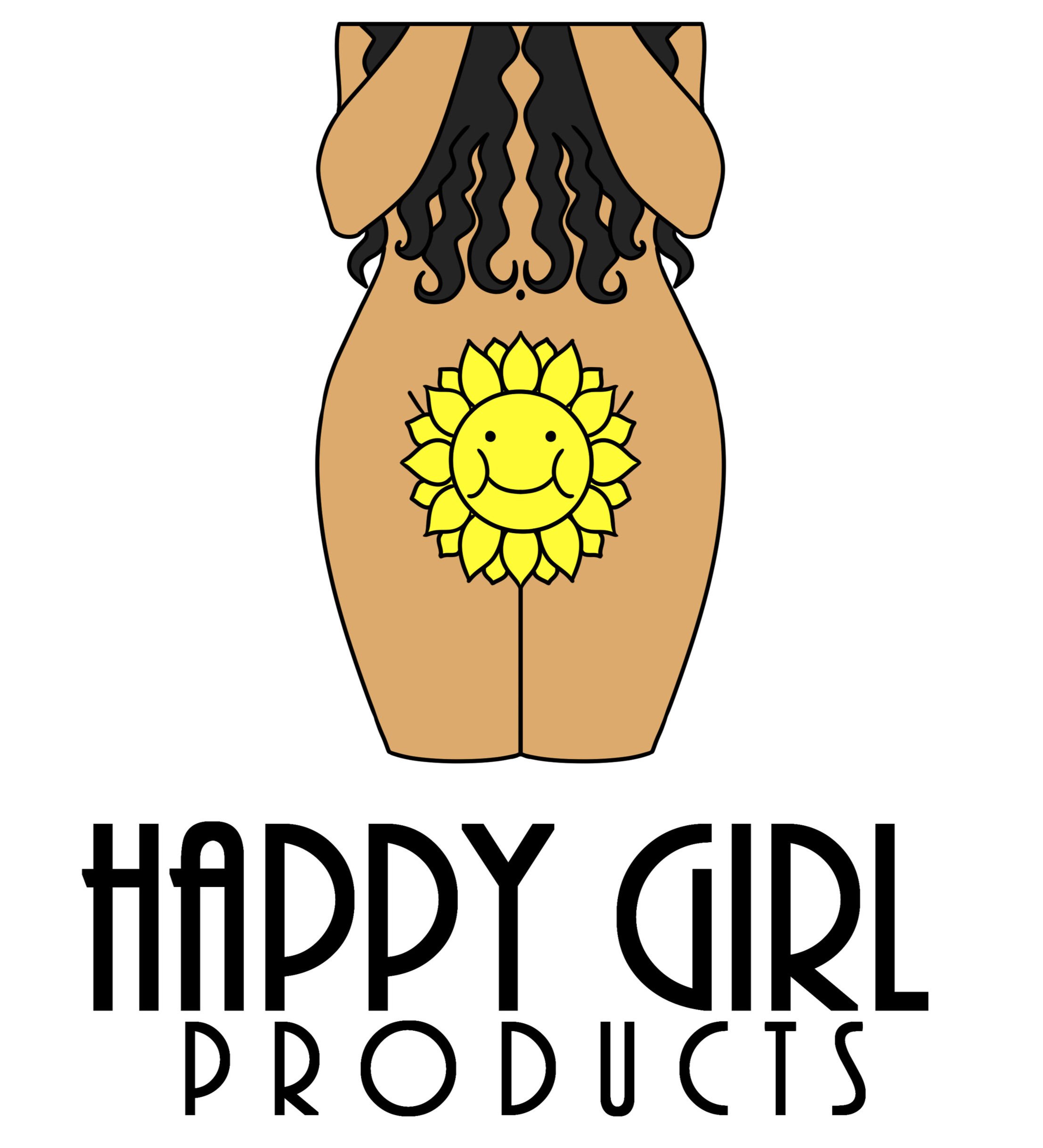Birth Control and the “Artificial Period”
What if your menstrual cycle isn’t just about having children? What if a wacky cycle is a clue something else could be wrong? This is what Lisa Hendrickson-Jack teaches in her book, The Fifth Vital Sign, and we had the opportunity to chat with her a while back about vagina stuff. This brilliant lady is a certified Fertility Awareness Educator and Holistic Reproductive Health Practitioner who teaches women to chart their menstrual cycles for natural birth control, conception, and monitoring overall health. I’m so excited to finally share this interview with you. It’s long overdue. We broke it into 3 parts for ya to digest it better, so enjoy!
Part 1: Should your menstrual be the 5th Vital Sign? What does a healthy menstrual look like?
Part 2: Birth Control and the “Artificial Period?” (sounds creepy)
Part 3: A Natural Approach to Birth Control. Backed by Science.
Part 2
Joelle:
Explain more about an Artificial Period?
Lisa Hendrickson-Jack:
Well, it's a big topic. I mean in general, my general viewpoint is that it's really helpful that we have all of the different options when it comes to preventing pregnancy. And I think that it's equally important for us to be fully abreast of all of the different side effects. So I think in my work, I can come across as very anti-birth control because I really do highlight the side effects and the issues with birth control and clarify its role in the body.
There's a lot of myths about birth control that just get thrown around as fact. For example, regulating ovulation, and regulating the menstrual cycle. If you go to the doctor and you have an issue with your cycles, “my period's coming every two months. I don't know when my next one's going to come,” most doctors recommend then to go on the pill to regulate the cycle.
It's helpful to know that is not what it does. The reason why hormonal birth control is so effective is that there's three main modes of action, and one is to suppress ovulation. The majority of hormonal birth control options fully suppressed ovulation, some partially suppressed, and others do permit ovulation. But the pill, the patch, the ring, the combined contraceptive suppress ovulation as their primary function.
These methods also thin the uterine lining so that if somehow an egg went through it wouldn't have a place to implant and it also thickens your cervical mucus. So, you wouldn't see that clear stretching that forms a physical barrier. The cervix is the entrance to your uterus. It's where the baby comes out, where the sperm has to go in. So when we take the birth control pill or other hormonal contraceptives, it actually causes that cervix to fill with this thick mucus plug so the sperm can go in and that's why it works.
But when you're taking it, what's interesting I like to look at the history, like where did this come from? The first pill came out in 1960 and before that they did a beta test. Well, I'm calling it a beta test. But they had a trial on the women of the fifties and they didn't have any precedent for this. If you weren't pregnant, breastfeeding, or sick, you would get your period. So the first test, they just put the women on the hormones and they took them all the time. So the women just stopped getting their periods and they all thought they were pregnant.
Then the doctors tried to convince them, "No you're not, it's the pill. It's the pill." But they couldn't comprehend. so the doctors put in the pill bleed, meaning they had the women stop taking the hormones for a couple of days to cause this artificial bleed to make it all seem like it was a period.
Now we've come full circle. We have two, three generations of women who are completely comfortable with the concept of taking this hormone that changes your cycles, well shuts down your cycles and replaces it with an artificial one, now we no longer have the need to have this period. So, there's articles that are coming out saying it's not necessary.
From a medical standpoint, it never really was part of this. The reason that an artificial pill bleed was created wasn't because it was necessary, it was because that was the only way to get the women to go along with it because it felt so unnatural for them to not bleed at all. So it's not a period, it's a withdrawal bleed.
I mean, in some ways it's neither here nor there, but I think it's important for women who are taking hormones to know, this is what it's doing. It's suppressing your cycle and it's preventing you from having a normal cycle. In a normal cycle you would make your estrogen and your progesterone, your ovaries would release an egg. But in order for you not to get pregnant, we have to stop the ovaries from releasing an egg and that means we stop producing our natural hormones.
And so it's not regulating your cycle, it's not fixing anything, it's not helping anything, it's not treating anything, it's actually just suppressing it all. I feel like there shouldn't be a problem with just being told the truth about how it works.
Like this? Sign up here.
